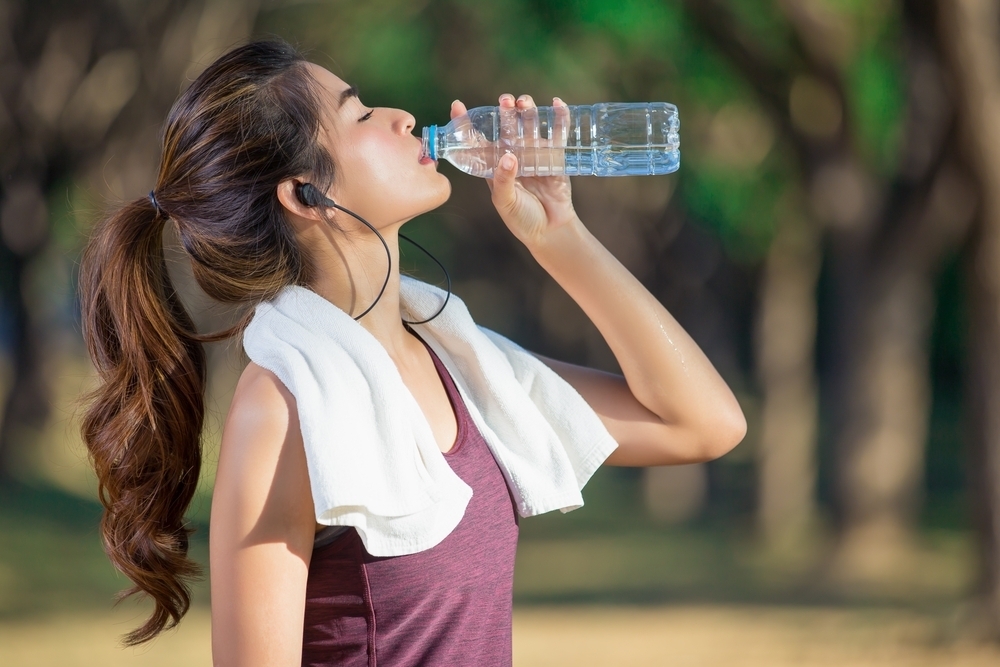
Do You Know The Signs of Dehydration?
Every once in a while we all need some detoxification. Whether it be a full on week-long cleanse, or just the occasional good sweat, many of us derive satisfaction out of releasing chemicals from our bodies, bringing us back to the elemental purity our bodies were made in, relaxing and rejuvenating us. Of course, this process also involves losing water, but that’s par for the course. You just drink a little more of it to compensate, right?
While most of the time, our bodies replace water pretty easily, sometimes we can lose a little too much, and that can set our bodies off, because, as we know, our bodies do love their water. Dehydration happens when your body is not getting enough of the water it needs. Here are some ways to recognize and prevent the signs of dehydration.
Causes
We sweat; we breathe; we poop, we cry; we spit; we lose water, and that’s ok. We usually can get it right back by eating foods with water and drinking fluids. But, if you lose too much or don’t eat or drink enough, dehydration can occur. Unusual water loss can be caused by fever, vomiting, diarrhea, excessive sweating, and urinating a lot (diuretics can make you pee more often.)
You might not compensate for the loss because you don’t know you’re thirsty, you’re busy and forget to drink, or you don’t feel like drinking because you don’t feel good.
Symptoms
Dehydration symptoms usually include a dry mouth, thirst, muscle cramps, headaches, decreased urination, dark yellow urine, and cool, dry skin.
Symptoms of more severe dehydration include lack of urination or very dark yellow urine, dizziness, overly dry skin, rapid breathing, rapid heartbeat, sleepiness, confusion, irritability, sunken eyes and fainting.
Symptoms for young babies and children may be slightly different than those of adults. For example, dry diapers for three hours may be a sign, as might lack of tears when crying, sleepiness, irritability, and lack of energy, sunken cheeks and eyes, a soft spot on the top of the skull, and a dry tongue and mouth.

High-Risk Groups
While anyone can be affected by dehydration, the odds are higher for some.
- Babies and children
Since this group is the most likely to have severe vomiting and diarrhea, they are most likely to lose water from a high fever. - Older Adults
More mature adults have less water in their bodies and often are not as sensitive to thirst. - Sick People
People with sore throats and colds may not feel like drinking or eating. - People With a Chronic Disease
Individuals with uncontrolled diseases like type 2 diabetes can pee a lot. They may also take medicines such as water pills, which increase urination. - Active People
Those who are active outdoors in humid and hot weather sometimes can’t cool down properly because their sweat fails to evaporate, leading to a higher body temperature and not enough water.
What are you doing to prevent dehydration this summer? Let us know how you’re keeping up and cooling off. We love to know!



